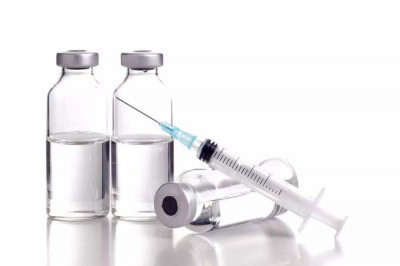London, Aug 26 : The University of Cambridge announced on Wednesday that a newly developed SARS-CoV-2 vaccine candidate has received funding from the British government and could start clinical trials in late autumn or early next year.
The programme is a collaboration between the University of Cambridge, Cambridge spin-out company DIOSynVax, and the University Hospital Southampton NHS (National Health Service) Foundation Trust.
Innovate UK, the British government’s innovation agency, has provided the programme with 1.9 million pounds (around 2.5 million US dollars) in funding, Xinhua news agency reported.
Called DIOS-CoVax2, the vaccine candidate is developed using banks of genetic sequences of all known coronaviruses, including those from bats, the natural hosts of many relatives of human coronaviruses.
The team said they have developed libraries of computer-generated antigen structures encoded by synthetic genes that can train the human immune system to target key regions of the virus and to produce beneficial anti-viral responses.
“We’re looking for chinks in its armour, crucial pieces of the virus that we can use to construct the vaccine to direct the immune response in the right direction,” said Professor Jonathan Heeney, head of the Laboratory of Viral Zoonotics at the University of Cambridge, and founder of DIOSynVax.
“Ultimately we aim to make a vaccine that will not only protect from SARS-CoV-2, but also other related coronaviruses that may spill over from animals to humans,” said Heeney.
The vaccine candidate is designed to be delivered pain-free without a needle into the skin, using a simple jet of air.
And it can be freeze-dried as a powder and is therefore heat stable, meaning that it does not need to be cold-stored. This makes transport and storage much more straightforward.
The team said that this is particularly important in low- and middle-income countries where the infrastructure to make this possible can be costly.
Disclaimer: This story is auto-generated from IANS service.

